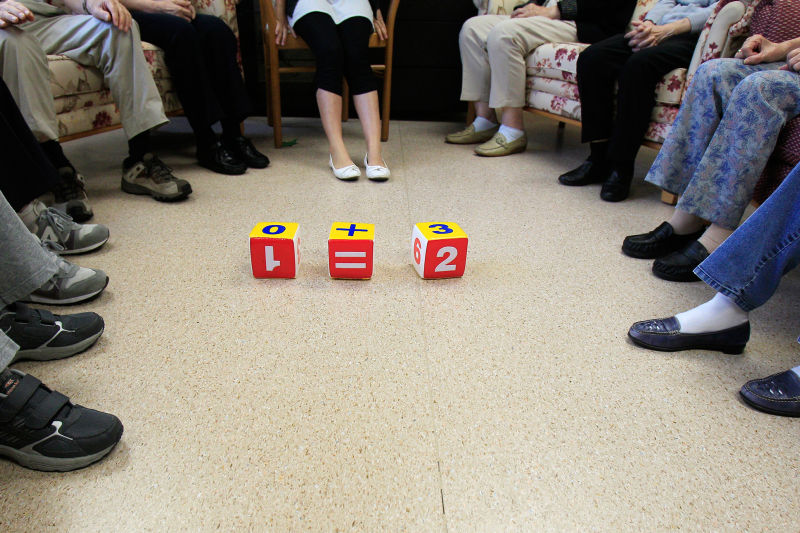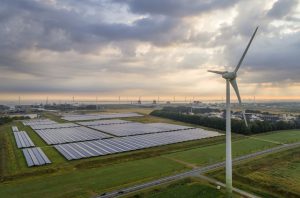Southeast Asia is unprepared for a rise in a dementia cases among its ageing population, officials say, putting a strain on Asian health systems.
New estimates show there could be 10.5 million dementia cases in the region by 2050, a 238% rise from the 3.1 million estimated cases recorded in 2019.
But global progress to tackle the neuro-degenerative disorder is stalling, according to Alzheimer’s Disease International (ADI), the global federation for 105 Alzheimer’s and dementia associations across the world.
“Dementia forecasts are showing an alarming rise in prevalence by 2050,” said Paola Barbarino, ADI’s chief executive.
“Age is the biggest risk factor for dementia and the global population is ageing,” she added.
“Further, we have serious concerns that the neurological impact of Covid-19 on the brain may spark a future wave of people developing dementia – driving prevalence up even higher.”
Among plans by Southeast Asia health officials, only Singapore has an active dementia management plan, ADI said. “Cambodia, Bhutan, Timor-Leste, have no plans at all,” the group said in a statement.
“Others, like Thailand, Vietnam and Bangladesh have some form of plan in development, but further action and funding are urgently needed.”
ADI urged the nations to develop and implement national dementia plans to mitigate the estimated $2.3 billion annual cost of dementia on Southeast Asia health systems.
- George Russell
READ MORE:
China Announces Private Pension Plan to Address Ageing
China Can Offset Burden of Ageing Society, Says HSBC
Hong Kong Births Sink to Lowest in 56 years – SCMP






















